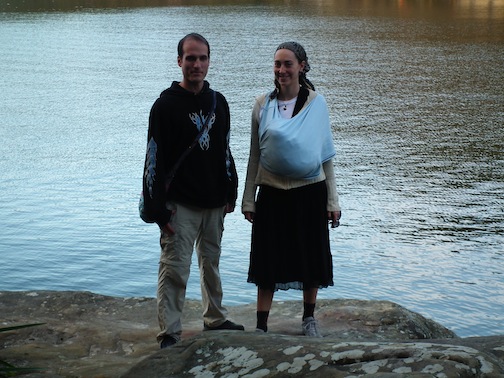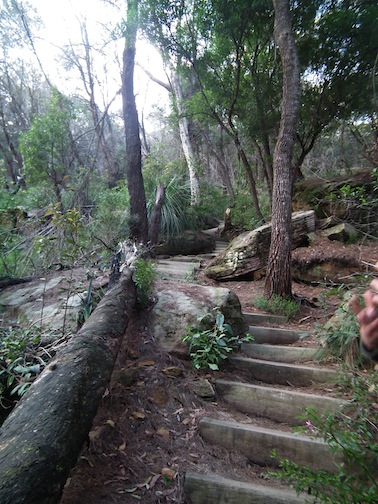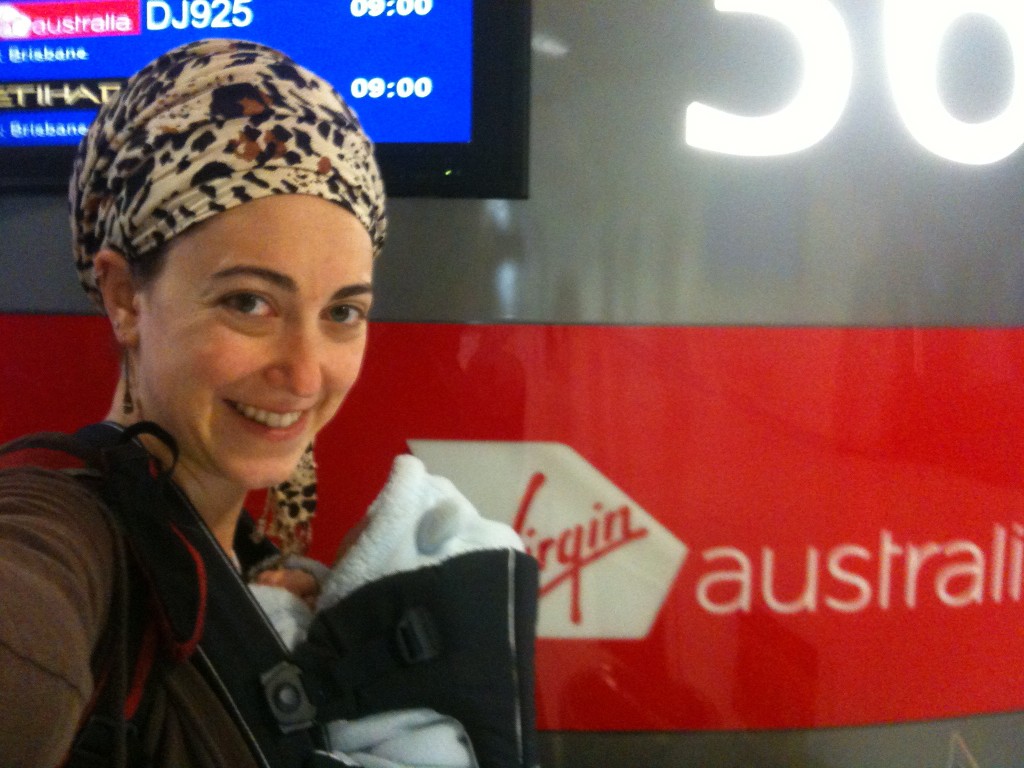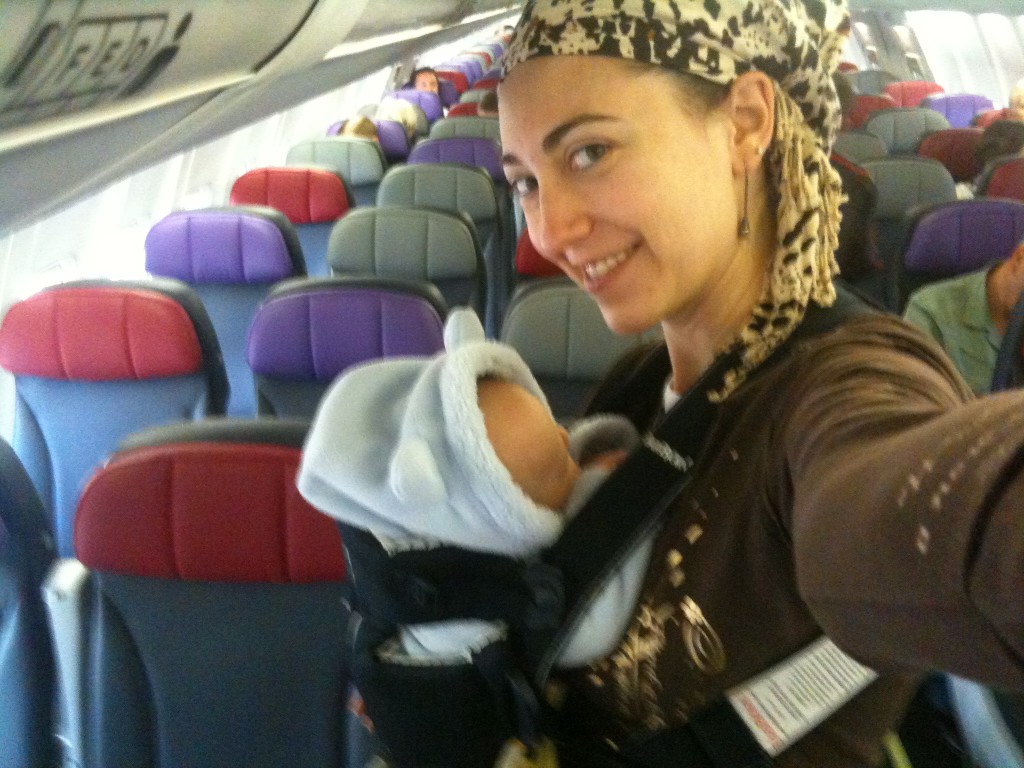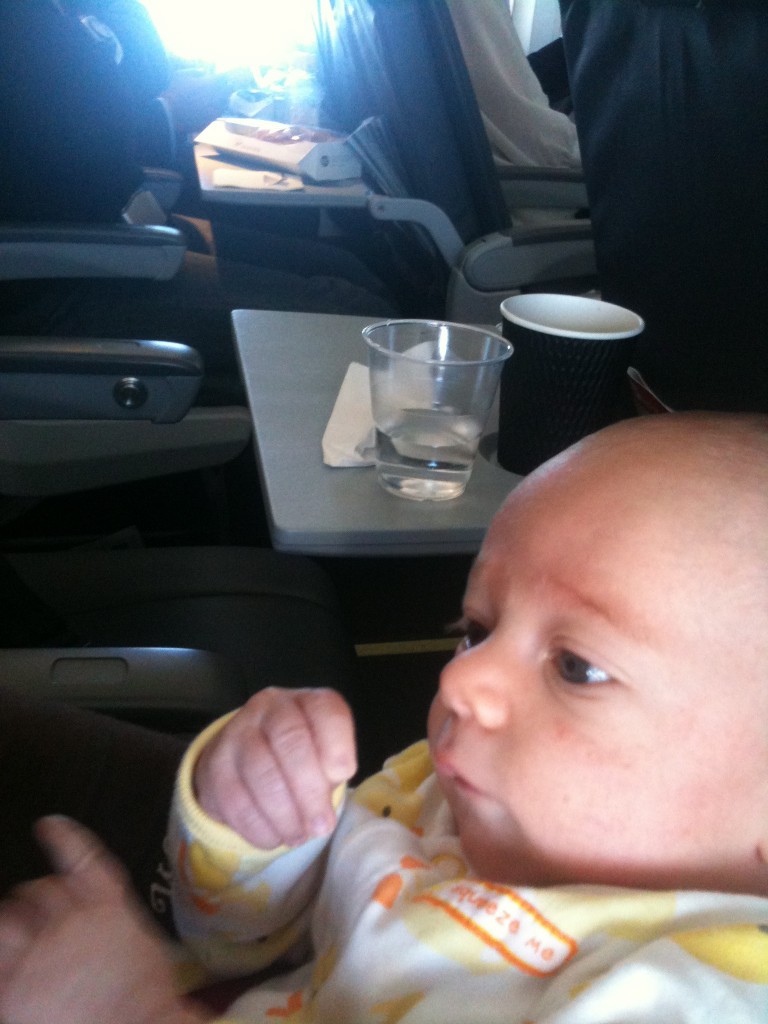Yom Kippur: Facing Your Truth
Every year I look forward to Kol Nidre. Not with the same joyful anticipation I feel when I look forward with smiles to the delicious holiday of Shavuot, the bright lights of Chanukkah, or the partying of Purim, but with bated breath nonetheless.
On Kol Nidre I go to shul and I hide as far in the back as I can. I bury myself in my machzor and hide my face. I make sure to have a plentiful supply of tissues secreted up my sleeve. And I let go. And I cry.
I hate crying in public. It seems like such a weakness, like admitting to some sort of inner failure. In Western society it is perceived as not being the strong person you’re expected to be. But on Yom Kippur, that’s not why I hide when I cry, but rather, for the opposite reason: I don’t want people to think my tears false, attention-seeking, or holier-than-thou. I want to be left alone to cry. The chazan’s voice, now the voice of my beloved husband, never fails to transport me to a higher plane. It is my time to cry – alone – with Hashem.
You see, Yom Kippur is the ultimate moment when we each must really and truly face ourselves. It is our last chance before that great Book is sealed. It is our last chance. Our last chance.
I usually fall behind in the davening. It’s not because I am busy crying, as I explained above, but falling behind is, in part, the reason I’m crying. Perhaps falling behind in the davening is symbolic of how I’m constantly falling behind in my service of Hashem. I have a hard time keeping up with what Hashem expects of me. I can’t fairly judge others but in fairness, I admit that I don’t always think I keep up with the crowd when it comes to serving Hashem. But let’s be real – I’m not crying because I’ve fallen behind in the davening and I’m not thinking deeply about the symbolic meaning behind falling behind.
I’m falling behind in my davening and I’m crying for one and the same reason: I’m facing myself and I don’t like what I see. I read each line in viduy and I see myself in it. I make a public confession and I mean every word of it. “We have robbed” – have I failed to say hello to someone who greeted me? Have I borrowed something and not returned it? “We have slandered” – have I listened to or spoken any gossip? ”We have lied” – even by leading someone to make an erroneous assumption. “We have given evil counsel” – have I given bad advice? Have I somehow led someone astray? Have I offered justification for bad behavior? “We have scoffed” – have I looked at another person and thought myself better than them? Have I not just thought, but even spoken, those words?
And so on and so forth.
As I recite the Yom Kippur prayers, I force myself to stop and think about every single word. I force myself to dig down into my year – indeed, my entire life – searching to find what I have done wrong. Forcing myself to stare myself in the face. My real, ugly, inner face. That face we all hide, even from ourselves, of every little hidden sin we commit. All those things we try to hide, all those things we justify. And, inevitably, I find things I wish I didn’t see. I find thoughts, words, and deeds, that I wish I hadn’t done. I see just how wrong I was and why. And that is what makes me cry.
And when I’m done with examining myself, I examine all the other parts of myself – my fellow Jews. Not in a judgmental kind of way, no, of course not! But, as we learned out from the recent parsha of Nitzavim, we are all responsible for our fellow Jews. So I consider – how many sins have my fellow Jews committed that I am now responsible for? I bear the weight of responsibility for the likes of Madoff. I bear responsibility for every crime any Jew has committed. I bear responsibility for every bite of non-kosher food that’s been swallowed. They are my sins. My murders, my rapes, my thefts, my affairs, my lies, my slander, my sins, all my sins. And when you realize the truth, the weight of all these sins, of course, of course you cry. I cry. And cry.
For Yom Kippur is not a time for mindless ritual. It is not a time to go to shul just to hear the chazan’s beautiful voice (although if Rabbi Ben is the chazan I couldn’t blame you!). It is a time to truly face ourselves. To truly take responsibility for everything we do and have done. It is too difficult for me to handle doing this at any other time. It is too shocking, too raw. On any other day, I am too frightened. But on Yom Kippur, I find the courage to face myself. To face my true self, with all my flaws.
But when Yom Kippur is done and, please G-d, my teshuva (repentance) has been pure enough to be accepted by G-d, I can walk away feeling light and free. I can walk away with my head held high, renewed, rejuvenated, forgiven, for I have repented of my sins, all of them. Like my wedding day, I walk away elated, clean and new… and loving myself, the real me, the true me: the me with all the shmutz removed.
May we all have a meaningful and moving Yom Kippur, may our teshuva be true and deep and accepted by Hashem, and may we all be written and sealed in the Book of Life for a good year.
Read more about Yom Kippur & Jonah: Talkin’ About a Revolution
Read more about Yom Kippur in Sydney, Australia
Read more about Yom Kippur with the Jewish community in New Caledonia
Read More


